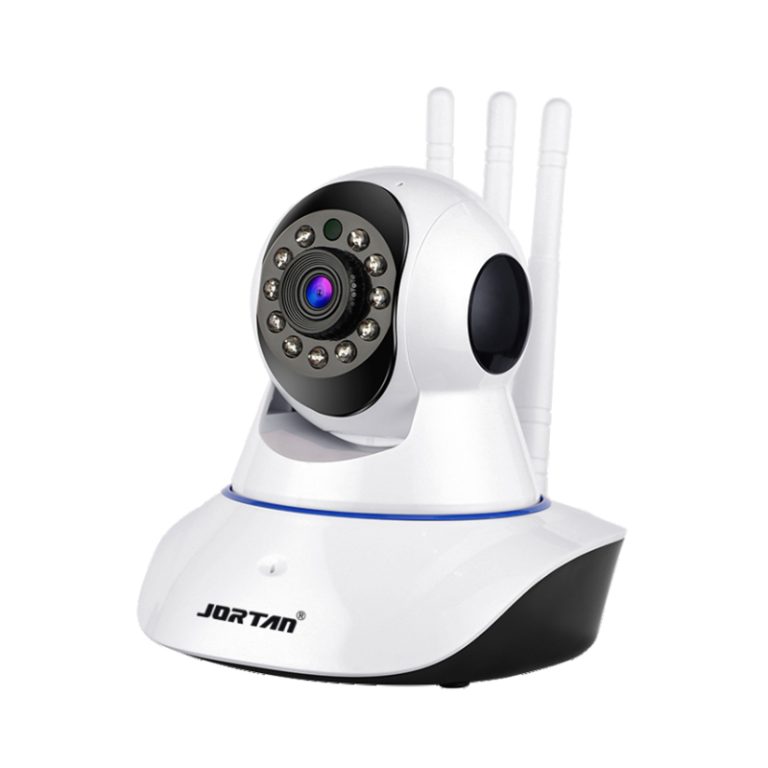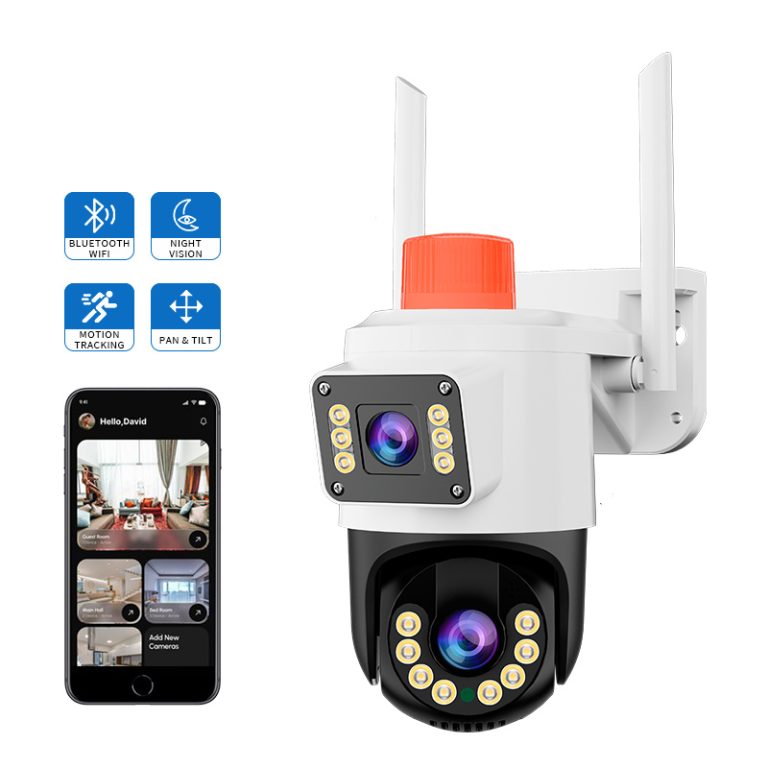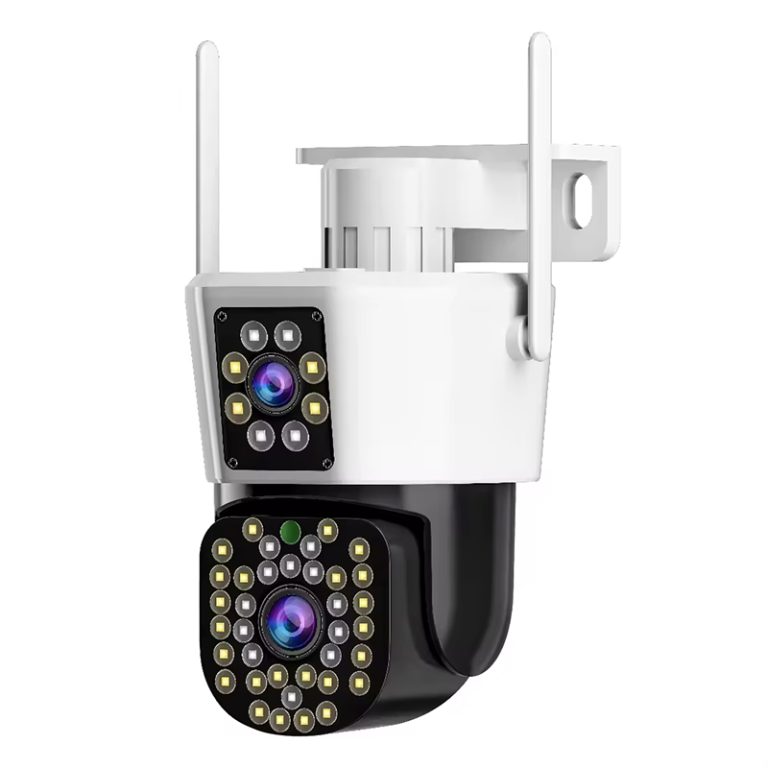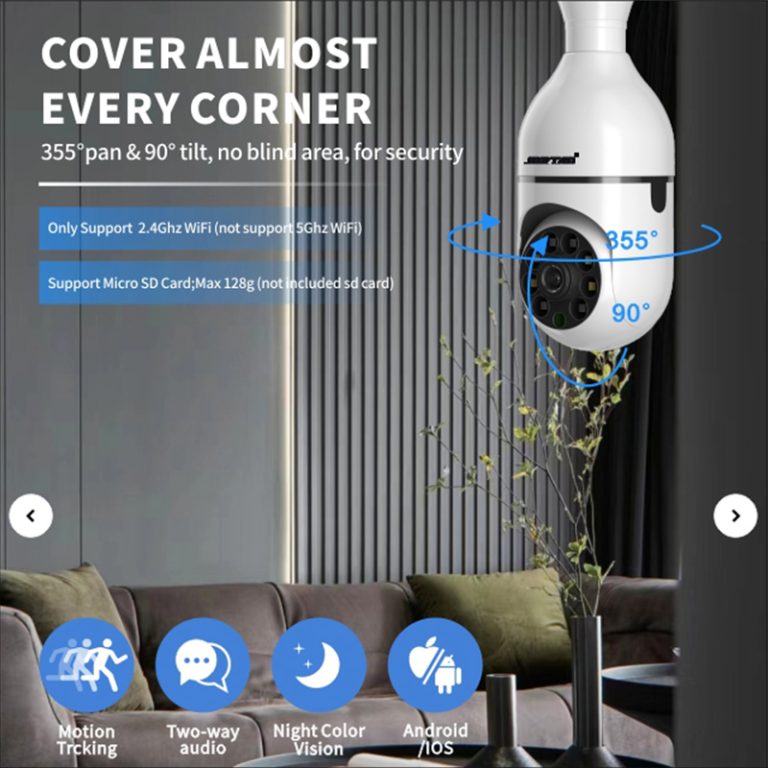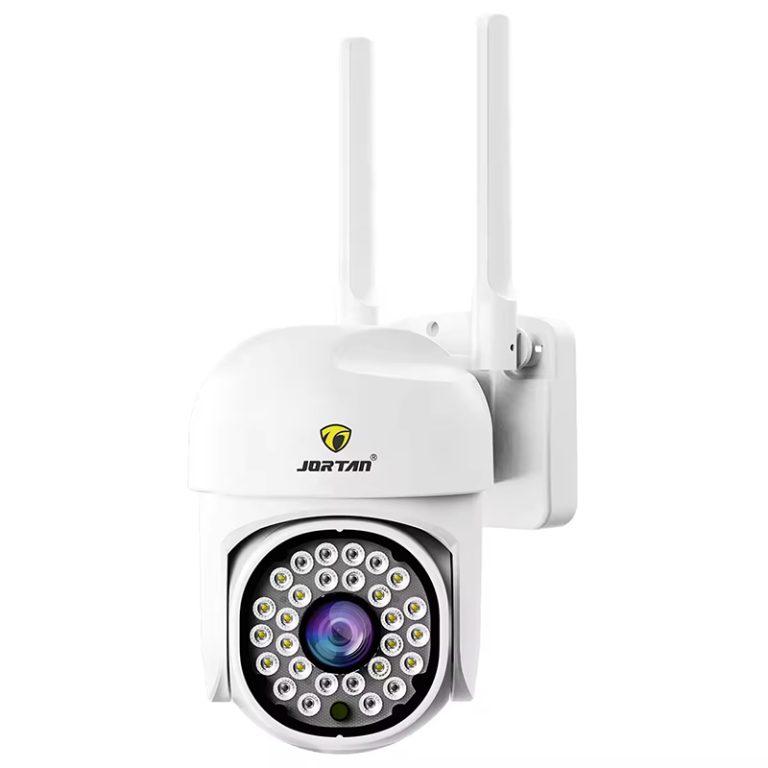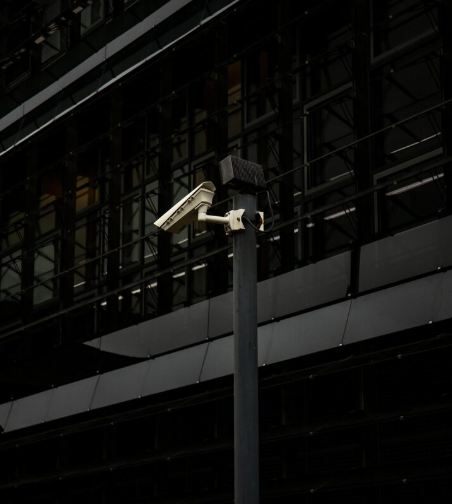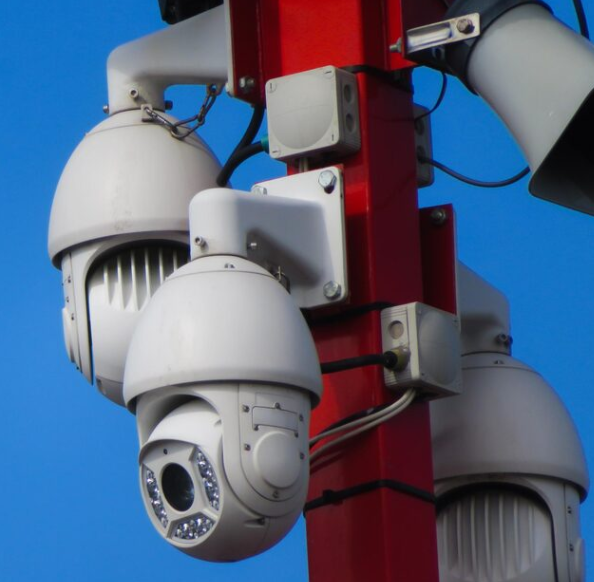Picking the right security setup for your house often comes down to one big decision. Should you go wireless or stick with a wired system? Both choices bring good points, and both have weak spots too. What works in a small apartment might not fit a larger house. Modern home security is not only about clear video. It is also about how simple it is to use, how steady it works, and how well it fits your daily life.
If you are looking at reliable suppliers, Jortan is worth your attention. This company is based in Yiwu, China, and has built its name with solid electrical technology and new product design. It combines production, trade, design, and service in one place, with modern plants covering more than 30,000 square meters. A skilled team of engineers works with updated machines, and the products reach homes, factories, and even public areas. The simple idea behind its work is quality first and care for customer needs. Apart from delivering cameras, it also gives OEM and ODM services, after-sales care, and worldwide technical help through different channels (about, OEM ODM, support, feedback, contact). Many global buyers like this supplier because it offers steady supply, fair cost, and reliable service. This is exactly what many homeowners want when setting up a new security plan.
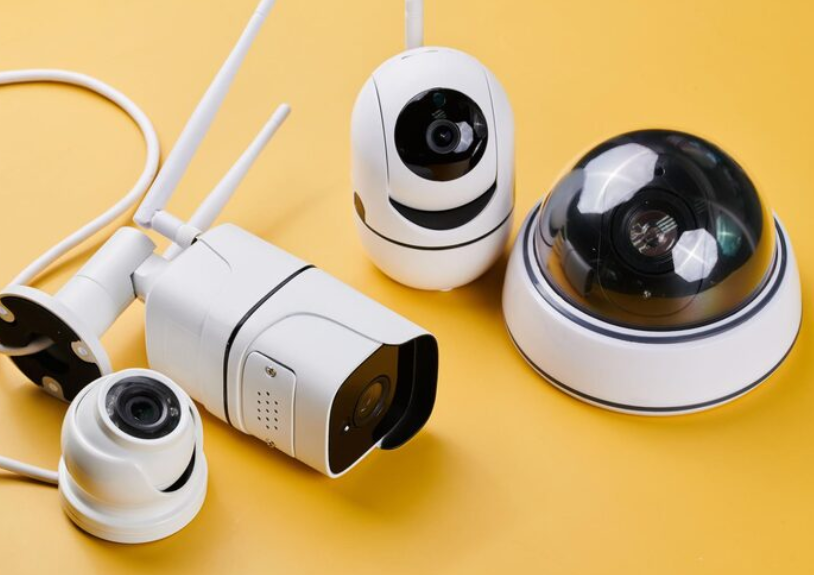
What Are the Main Differences Between Wireless IP Camera and Wired IP Camera?
The key difference is how each system sends video. Wireless cameras work on WiFi or even mobile networks. Wired ones use cables that run inside walls or ceilings. That difference changes the way you set them up, how much space you need, and how easy they are to look after. If you live in a flat, wireless might feel better because you can move it around. In bigger houses, wired models often give a stronger, more steady signal.
Connection and Signal Transmission
Wireless types send video with WiFi or sometimes 4G modules. You can place them almost anywhere. Wired models stay fixed to Ethernet cables. They usually face less interference, but they need more planning before setup.
Installation and Flexibility
Wireless cameras need little drilling. Many are ready to use in minutes. Wired systems need proper planning and cable routing. In some cases, you may even need outside help to install them.
Maintenance and Long Term Reliability
A wired system is stable and less likely to face weak signals. But moving it is not easy. Wireless cameras may need a reset now and then, especially if your WiFi changes. Still, newer models handle this better than before.
Which Type Provides Better Security for Homeowners?
Both choices aim to make you feel safe. But security means different things to different people. Some prefer a nonstop recording system. Others want smart alerts that show up the moment motion is seen.
Consistent Video Quality and Stability
Wired models often deliver smoother and clearer video. They face less lag. Wireless versions depend on signal strength. Still, new systems use better compression, so you get sharp video without eating too much data.
Resistance to Hacking and Interference
Wireless cameras sometimes feel open to hacking. But today’s models use stronger encryption and safe apps. Wired systems avoid WiFi problems, which is useful in busy areas with lots of signals.
Smart Features for Safer Monitoring
Wireless units often come with extras like two-way talk, smart detection, and night vision in color. These add-ons reduce false alarms, like when a pet passes by, and still warn you if a stranger shows up.
How Does Cost Compare Between Wireless IP Camera and Wired IP Camera?
Price is never just about the device itself. You need to think about setup, hidden costs, and future use.
Initial Purchase and Installation Expenses
Wireless cameras are simple to install, so you spend less on labor. You can often set them up without outside help.
Hidden Costs of Cabling and Upgrades
Wired systems cost more to install because of cables, drilling, and the hours it takes. If you move later, reinstalling them means more spending.
Long Term Value of Wireless and Wired Models
Wireless units are easier to move and set up. Wired cameras last longer once fixed in place. The better choice depends on how you plan to use them in the future.
Is Wireless IP Camera Easier to Install Than Wired IP Camera?
For many, easy setup is a main reason to go wireless. If you want to keep your walls and floors as they are, this feels like the better choice.
DIY Setup with Minimal Tools
Wireless cameras are often “plug and play.” Some even connect by scanning a QR code. It saves time and stress.
Placement Options and Remote Adjustments
Without cables, you can place them high, move them later, or power them with solar panels in spots without outlets.
Integration with Existing Smart Home Systems
Many wireless units connect directly to apps or cloud storage. You can check video on your phone in seconds, no need for complex wiring.
Which Option Works Best for Outdoor Home Protection?
Outdoor protection brings extra challenges. Cameras need to deal with rain, dust, long nights, and power supply.
Weatherproof Design and Night Vision Performance
A good outdoor camera should meet at least IP66 weather standards. Night vision in color is also useful. It lets you see faces or license plates even in dark conditions.
Power Supply and Continuous Operation
Wired setups can run day and night without charging. Wireless ones often use solar panels or replaceable batteries. That makes them work well in places without steady power.
Wide Area Coverage with PTZ Function
PTZ models (pan, tilt, zoom) cover more space. They can follow moving objects, which is helpful in large yards or driveways. One PTZ can sometimes replace two or three fixed units.
Why Choose Jortan Products for Reliable Home Security?
The JT-8698PRO is a great choice if you want wireless. It has dual sensors, smart detection, and remote viewing through a stable app. You can zoom in closely and still keep clear detail, which is useful for evidence.

For wired fans, the JT-8276-8PXM offers strong coverage. It streams in full HD, handles night scenes, and covers several areas at once. This makes it suitable for bigger homes, small shops, or even warehouses.
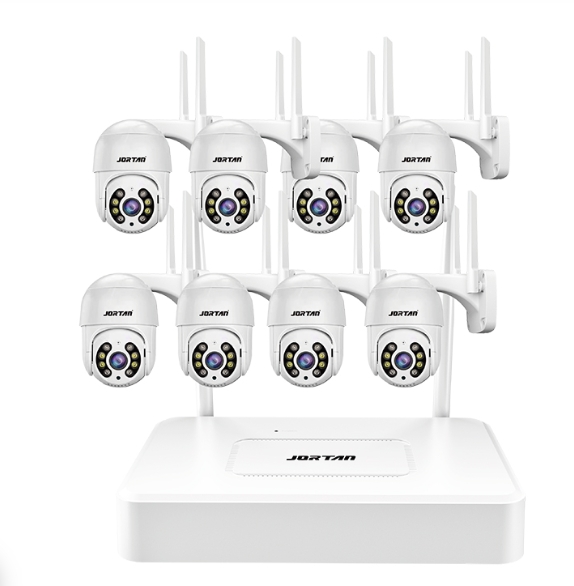
The supplier supports its buyers with OEM and ODM services, global after-sales help, and skilled technical service. Buying from this company means getting not only a camera but also long-term care.
How to Decide Between Wireless IP Camera and Wired IP Camera for Your Home?
Your choice should match your house, your habits, and your budget. If you want freedom and easy setup, wireless feels better. If you want steady video in one place, wired is safer. Both can work well if you pick the right product. You can even start with one and add more later, depending on your needs.
FAQ
Q1: Do wireless cameras work without WiFi?
A: Some do. They have built-in hotspots or use 4G for short-range access.
Q2: Can wired cameras be moved to a new house easily?
A: Yes, but you need to reinstall cables. That may take professional work.
Q3: Are these cameras safe from weather damage?
A: Yes, models with IP66 rating and strong housing can resist rain, dust, and heat.

